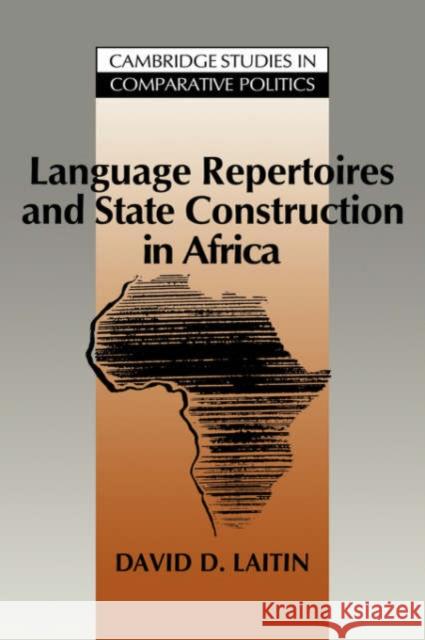Language Repertoires and State Construction in Africa » książka
Language Repertoires and State Construction in Africa
ISBN-13: 9780521033275 / Angielski / Miękka / 2007 / 220 str.
The author of two previous books on African political culture, David Laitin turns in this book to the study of language planning in Africa and the role of language politics in the process of state formation. Written in an engaging style, the book takes the reader into the complex web of language use in Africa today, where the average citizen must employ a multitude of different languages for use in the home, at school, in the marketplace, and on the job. African state governments must confront a number of difficult questions concerning language, such as which language of many should be the official national language--if any--and which language should be used in schools. Decisions on these questions are shown to be an important part of the process of state formation, and by making comparison to European cases, Laitin asks whether the complexity of language use in Africa today is symptomatic of early state construction, and if so, whether states must move inevitably toward a common language as they develop. He uses the logic of game theory to argue that a common language is not the inevitable solution, and proposes that in Africa the optimal solution to the language problem will be what he calls a 3 + 1 outcome, which will allow for multiple language use.











